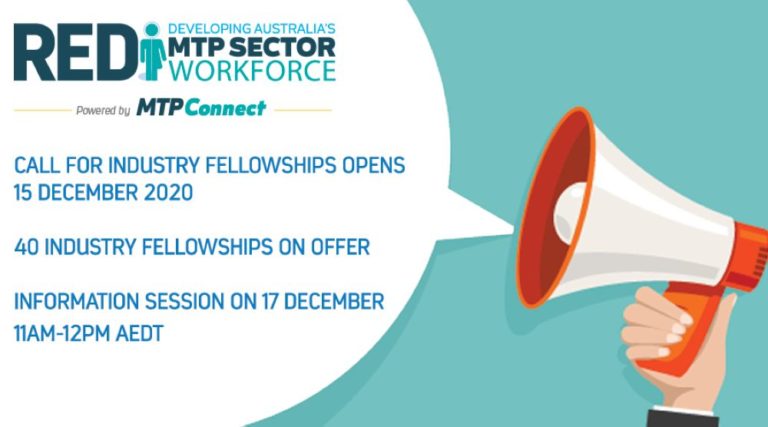[vc_row][vc_column][vc_column_text]The campaign, coordinated by a U.S.-based media group, launched a barrage of negative stories that sought to question the safety and integrity of regulatory processes for medical devices around the world. Here in Australia, local media outlets used the opportunity to share the stories of specially selected patients who alleged their medical devices were not functioning as intended and questioned the robustness of Australia’s regulatory processes.
The association representing MedTech innovators in Australia, the Medical Technology Association of Australia (MTAA), was quick to slam, what it described as an “inaccurate and sensationalist” campaign adopted by Australian media outlets.
In a statement, MTAA CEO, Ian Burgess, voiced his disappointment at the irresponsible tone and the inaccuracies of the media coverage.
“It’s disappointing to see Australian media outlets, such as the ABC, calling into question the integrity of the TGA, MedTech innovators and the dedicated Australians who work in the industry, by choosing to go down the path of sensationalism and biased reporting,” Mr Burgess said.
As PulseLine covered last week in our feature story, Australia has one of the most highly regulated and robust assessment systems in the world for MedTech. Considering the millions of MedTech devices Australians have successfully implanted, or come into contact with each year, it’s hard not to see the regulatory process has a strong track record for safety.
If you’re asking yourself ‘doesn’t selective reporting by the media undermine the confidence people have in the system?’ You would be right.
Unbalanced stories, specifically orchestrated for coordinated media campaigns like this one, can create unwarranted fear in the community, causing someone, who would benefit from a medical device, to avoid seeking treatment that could otherwise improve their quality of life.
Following the media storm Australia’s federal Minister for Health, Greg Hunt, requested Australia’s regulator, the Therapeutic Goods Administration (TGA), to investigate whether additional measures are needed to improve the safety of medical devices.
While it is still too early to know what sort of harm this negative campaign will have on patients’ decisions to forgo the benefits of medical devices, one thing is for sure, Australian media outlets should avoid the pitfalls of the type of sensationalist reporting that is all too often common practice in other parts of the world.
Australians can, and should, be proud of the professionalism of the hardworking men and women who work in the TGA and the MedTech industry who work day-in and day-out to ensure Australians have access to the most innovative and life-changing medical technologies in the world.[/vc_column_text][vc_zigzag][/vc_column][/vc_row][vc_row][vc_column][vc_column_text]
DID YOU KNOW:
Global advances in medical technology over the past 20 years has led to a 56% reduction in hospital stays, 25% decline in disability rates, 16% decline in annual mortality and an increase in life expectancy of approx. 3.2 years?[/vc_column_text][/vc_column][/vc_row]




